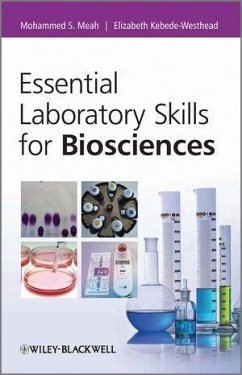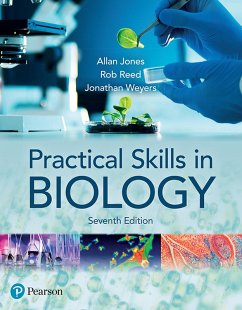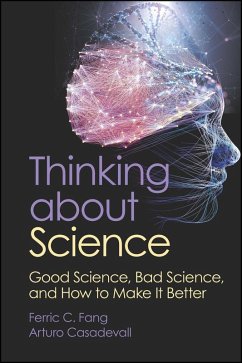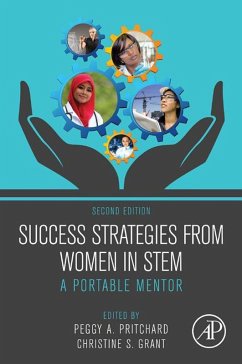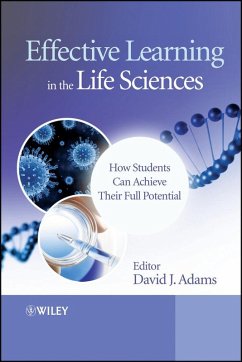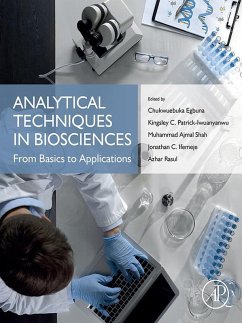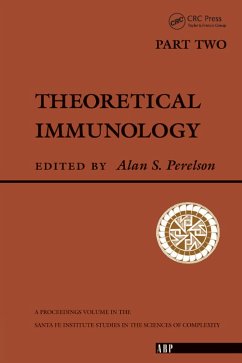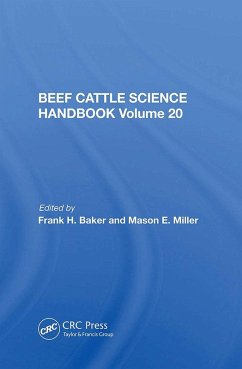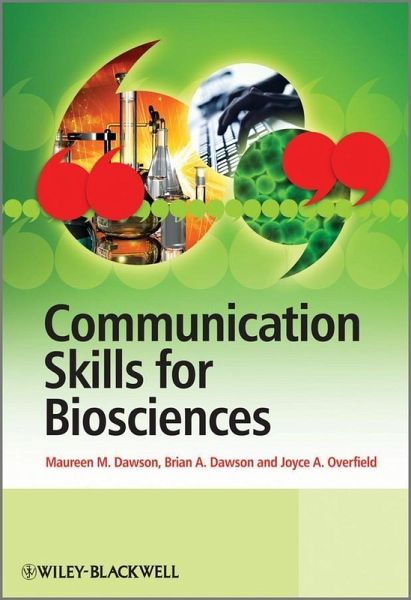
Communication Skills for Biosciences (eBook, ePUB)
Versandkostenfrei!
Sofort per Download lieferbar
30,99 €
inkl. MwSt.
Weitere Ausgaben:

PAYBACK Punkte
0 °P sammeln!
This text is comprehensive, user-friendly handbook that will guide students through the full range of written and spoken communication skills that are demanded by today's biosciences courses. The book also offers a valuable refresher for postgraduate students who wish to review or expand their proficiency in these areas. This book will provide the student with practical advice on how best to communicate scientific material to different audiences including their peers, their tutors and to non-scientists.Key Features: Highly accessible, confidence-building, student-friendly guide Provides compr...
This text is comprehensive, user-friendly handbook that will guide students through the full range of written and spoken communication skills that are demanded by today's biosciences courses. The book also offers a valuable refresher for postgraduate students who wish to review or expand their proficiency in these areas. This book will provide the student with practical advice on how best to communicate scientific material to different audiences including their peers, their tutors and to non-scientists.
Key Features:
Key Features:
- Highly accessible, confidence-building, student-friendly guide
- Provides comprehensive coverage of the complete range of presentation skills needed by students
- Covers essay writing, practical reports, dissertations, projects and presenting in individual, group and poster presentation settings
- Offers advice on how to avoid common errors including plagiarism using 'what not to do' boxes throughout the text
- Includes practical advice on how best to communicate scientific material to different audiences e.g. undergraduates, tutors and non-scientists
Dieser Download kann aus rechtlichen Gründen nur mit Rechnungsadresse in D ausgeliefert werden.



